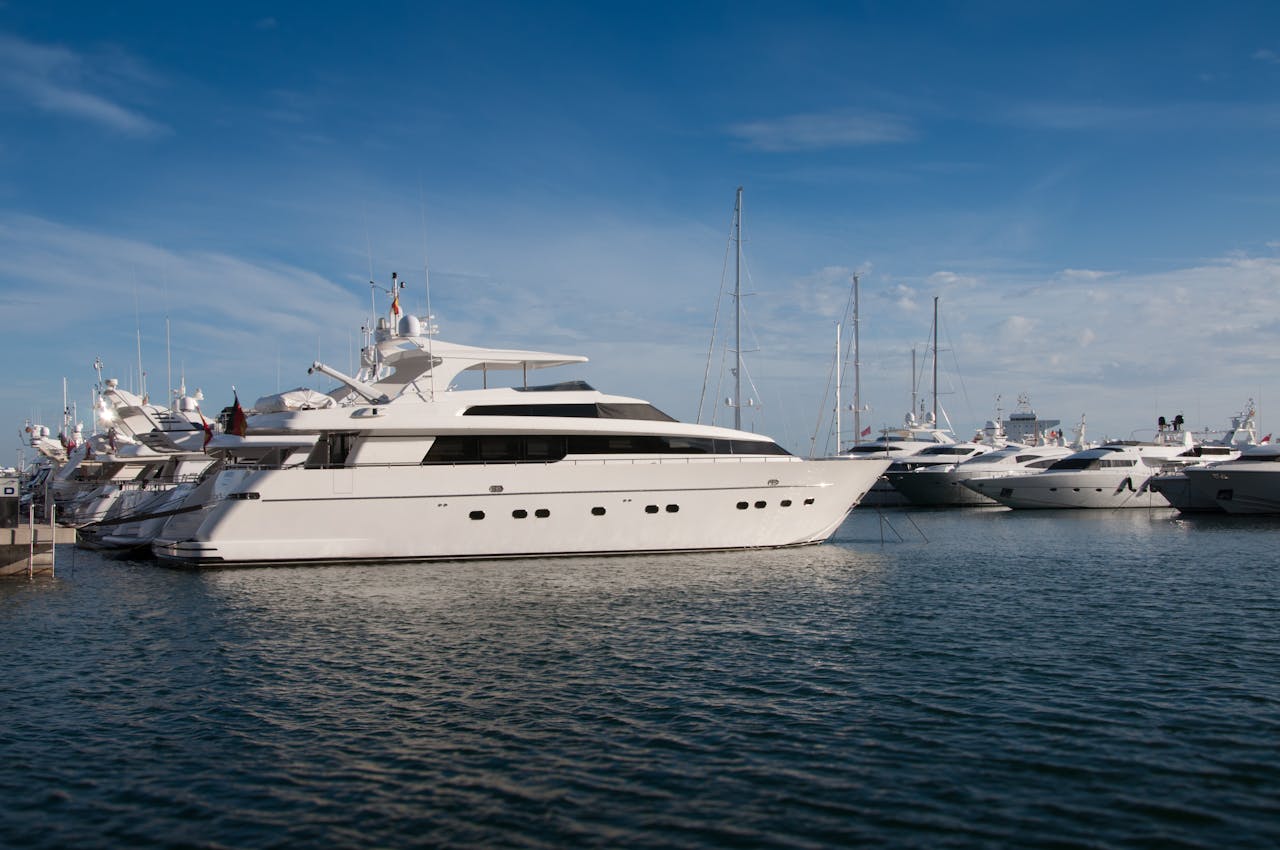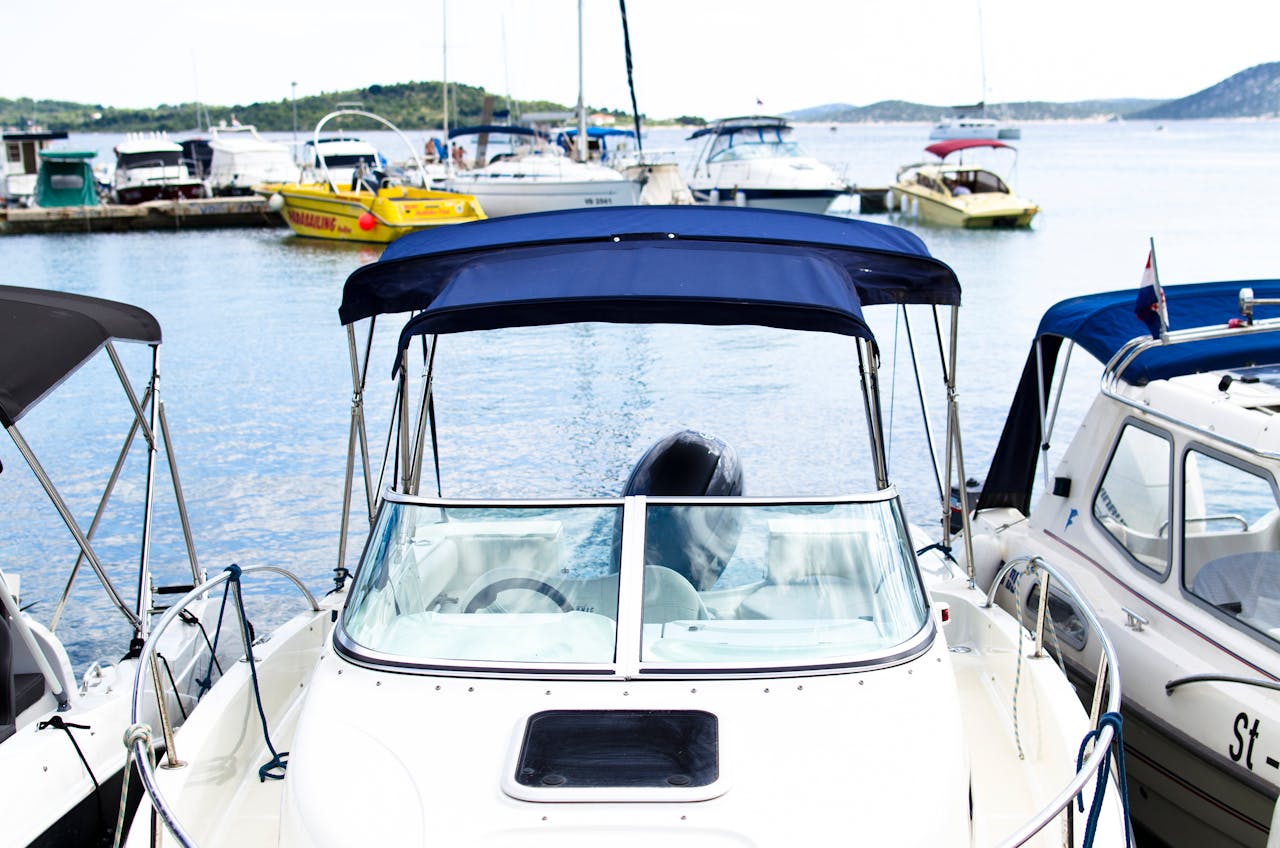The prospect of buying a boat can be as exhilarating as the open water itself. Whether it’s the thrill of speed on the waves, the tranquillity- of a gentle sail, or the lure of fishing adventures, a boat promises freedom and fun. However, the process can also be daunting given the significant investment and the myriad of choices available. This guide is here to steer you through the turbulent task of finding the right vessel for your maritime dreams. If you have a sailboat, you might also want to make some improvements in various parts of the boat, such as in the sailboat cockpit.
Understanding Different Types of Boats
Before you even begin to look at individual boats, you should know what type is best suited to your needs and lifestyle. Here are a few common types of boats:
- Sailboats: Perfect for those who enjoy a more serene experience and don’t mind learning sailing techniques.
- Powerboats: Includes a vast range of options, from fishing boats to speedboats – ideal for day trips and watersports.
- Yachts: Larger, more luxurious boats equipped with ample amenities for extended stays on the water.
- Personal Watercraft (PWC): Commonly referred to by brand names like Jet Ski or Sea-Doo, these are for high-speed fun in the sun.
Budgeting for Your Boat
One of the most important factors in boat buying is setting a realistic budget not just for purchasing the boat, but also for its maintenance, storage, fuel, and other running costs. Consider the costs of:
- Initial purchase: New boats will come with warranties but are more expensive. Used boats are a cheaper alternative but might require more upkeep.
- Insurance: This is usually mandatory and varies based on boat size and type.
- Maintenance: Includes periodic servicing, cleaning, and unforeseen repairs.
- Mooring or storage fees: Prices will vary if you choose to keep your boat at a marina or on a trailer at home.
- Operation: Factor in the cost of fuel, as well as any fishing, skiing, or safety equipment you may need.
Picking the Perfect Boat
New vs. Used
Choosing between a new and used boat involves weighing the pros and cons. New boats offer the latest technologies and come without wear and tear, but they depreciate faster. Used boats may be more affordable, but require a thorough inspection to ensure they’re in good condition.
Size and Features
The size of the boat you choose will depend on the number of people you plan to accommodate and the activities you’re interested in. Do you need a kitchen, sleeping quarters, or extra storage for equipment? Make a list of your must-haves and nice-to-haves to guide your search.
Where to Buy
Boats can be purchased from dealers, brokers, or directly from the owner. Boat shows are also an excellent place to get a feel for different models and negotiate deals.
Inspecting a Boat
If you’re not experienced in what to look for in a boat, it’s wise to bring along a more knowledgeable friend or hire a surveyor. Check for signs of damage, ensure the engine runs smoothly, and test out the electronics. For used boats, always ask for maintenance and service records.
Trial on the Water
Before making your purchase, it’s crucial to take the boat for a test. This is when you’ll see how it handles and performs, and whether it’s the right fit for you.
Finalising the Purchase
Once you’ve chosen your boat, it’s time for the paperwork. If buying new, you’ll likely have warranties to sign. For used boats, ensure a clear title without any outstanding loans. It’s often advised to use a third-party escrow service to facilitate the transaction.
Conclusion
Owning a boat is about the lifestyle as much as the vessel itself. With careful consideration and thorough research, you can make an informed decision that leads to many joyful days at sea. Remember that preparation is key – understand what you want, know what to look for, and don’t shy away from asking for help. Happy boating!

